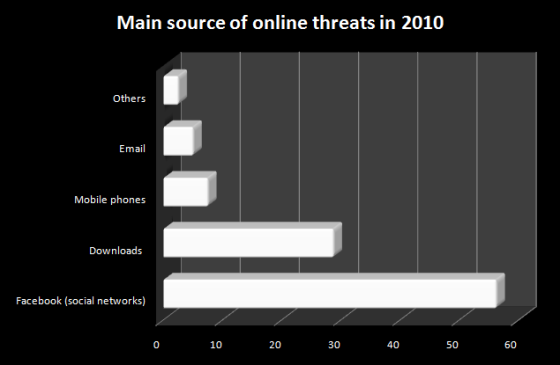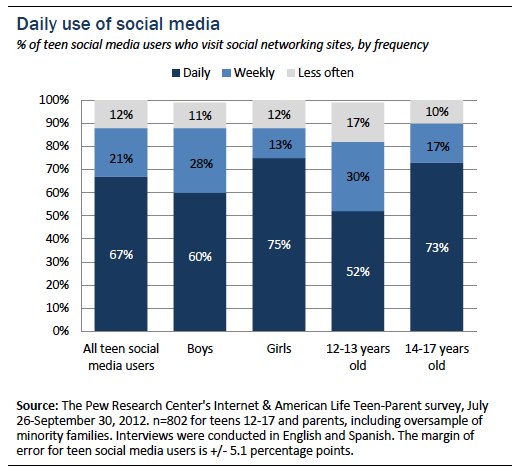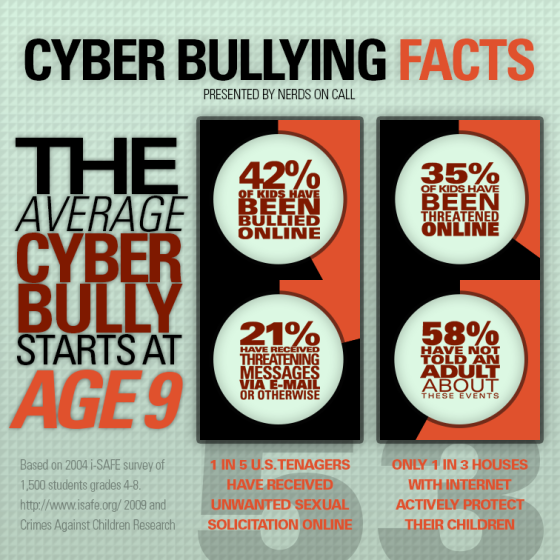
National Geographic ran a famous article poetically stating what we already know about teenage-hood — a teenager’s mental faculties can be a simmering cauldron of angst, haste and impulsiveness due to their different perceptions of risk and peers. What does this mean for you?

Communication with Teens
Sure, you can casually talk with your teen about anything. But effective communication and chit-chat represent two very different things. To emphasize or clarify a point, you need to challenge their attention span to ensure they’re paying attention. Challenge a teen’s thought process by making them draw upon memory or asking them to arrive at solutions.
Create a discussion that requires active, rather than passive, involvement. Minimize humor when making a point. Jokes can be an attempt at endearment, rather than authority. Also, by acting politely and showing respect, yet with authority, you indicate your teen’s input is valued.
Shared Responsibility
Only 10 years ago, cell phones for a teenager were a luxury. Today, teens expect to have one by default. Teens can maintain a healthy social circle and practice safety habits by relying on their smartphones. Rather than deprive your teen of a smartphone, which can actually be a lifestyle tool, explain the phone is a responsibility and privilege that’s earned.
Pay for the phone itself and have your son or daughter pay for the calling plans and accessories. Encourage your teen to get a part-time job or do chores around the house to pay for desired accessories, such as an iPhone case, new headphones or apps. This teaches the value of work and money.
Online Threats to Teens
Teens face no shortage of threats in the real world, yet they may be most vulnerable in the digital world. An Internet connection helps a teen to stay connected, do homework, be entertained, and even make money.
The digital space can also make vulnerable teens depressed and even abused. Half of teens report having been bullied online, and half of all teens report not telling their parents when it happens, according to BullyingStatistics.org.
Teens digitally live on social media platforms, such as Facebook and Twitter, where their friends or peers can ruthlessly degrade their self-esteem. The good news is that teens seem to be tiring of Facebook, as noted by News.CNet.com. The bad news is that alternative social sites are still prevalent with threats of bullying.
Proactively prevent teen cyberbullying by encouraging teens to be open and report bullying-related experiences. Explain how private information posted online can be seen and taken by anyone by using a simple search.
For more protection, make sure a teen can only use the Internet in a family area, such as the living room, to avoid browsing predatory or illegal sites. Also, institute regulations for home Internet use. For example, shut off electronics after dinner to minimize too much screen time.
If you found the information in this post beneficial please forward to your social networks using the buttons below. Thank you.










